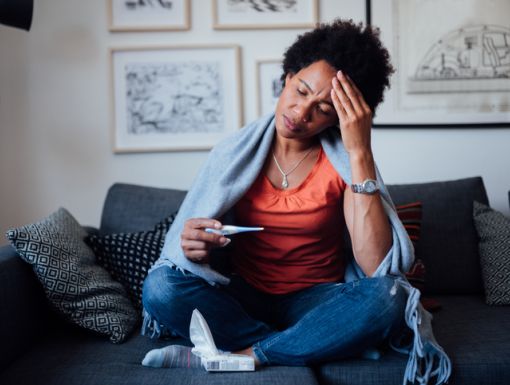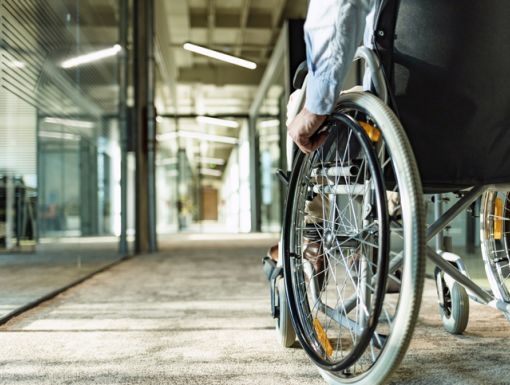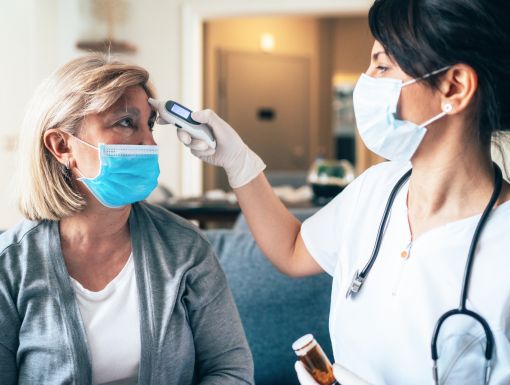
The New COVID Variants: What You Should Do
You might be hearing about the spread of new variants, or new versions, of COVID-19. In mid-January, the Louisiana Department of Health confirmed the state’s first known case of the so-called “U.K. variant,’’ the variant prevalent in the United Kingdom. Louisiana’s first case was discovered in a person living in the New Orleans area.
The discovery of new variants of viruses is not an unusual thing. Viruses constantly change through a process called mutation. In fact, doctors and scientists expect new variants of a virus to occur over time. Sometimes these variants disappear, but sometimes, they stick around.
Multiple variants of the virus that causes COVID-19 have been documented in the United States and around the world. In addition to the U.K. variant, other variants appear to have originated in Brazil and South Africa. The South Carolina Department of Health and Environmental Control has announced the detection of two cases associated with the South African variant, the first two cases of this variant in the United States.
Are the new variants more dangerous?
According to the Centers for Disease Control, these variants seem to spread more easily and quickly than strains of other viruses, which may lead to more cases of COVID-19.
The good news is that currently, there is no evidence that these variants cause more severe illness or increased risk of death. The bad news is that an increase in the number of cases will stretch the nation’s healthcare resources even thinner than they are now and could lead to more hospitalizations and potentially more deaths.
What can people do to protect themselves from the new variant?
We already know how to protect ourselves against COVID-19 and have had plenty of practice with these strategies. Now, more than ever, we all need to do the following:
- Receive the COVID-19 vaccine as soon as it is available to you
- Wear a face mask, even if you’ve had the vaccine, to protect yourself and others. Why? It’s possible to develop mild sickness even after getting vaccinated. And, if you are receiving one of the two-dose vaccines, you are not fully protected after receiving only the first dose.
- Practice physical distancing
- Use good hand hygiene
- Avoid gatherings
- Stay home when you are sick
- Quarantine and get tested if exposed to a positive case of COVID-19
Will the vaccine work against the variants?
Scientists are studying how these variants affect existing COVID therapies and vaccines. In the meantime, the best course of action is still to plan on getting the vaccine as soon as you can.
Stopping a pandemic requires using all the tools available. The benefits of the vaccine outweigh the risks of forgoing immunization.
The CDC, in collaboration with other public health agencies, such as the Louisiana Department of Health, is monitoring the variants closely. As new information becomes available, Ochsner Health, and the CDC, will provide updates.
Learn more about COVID-19



